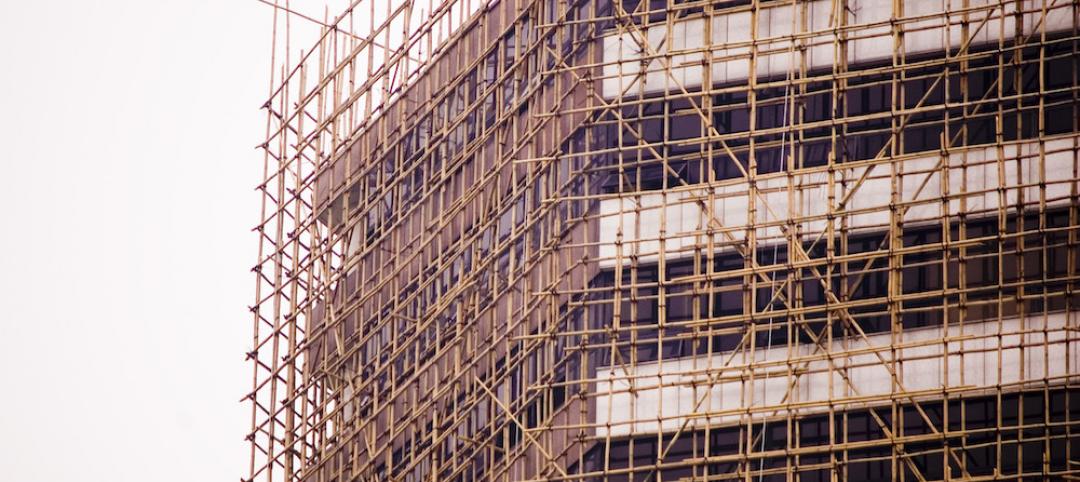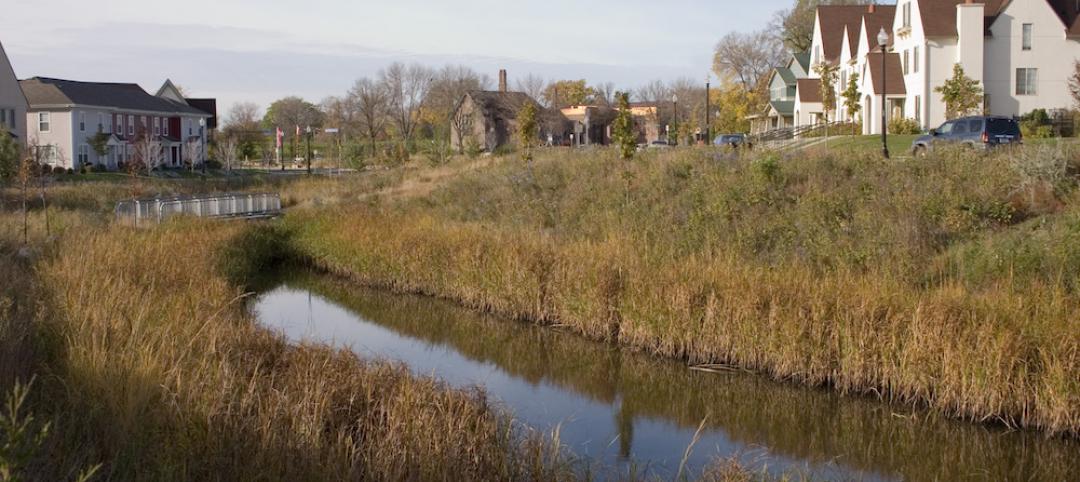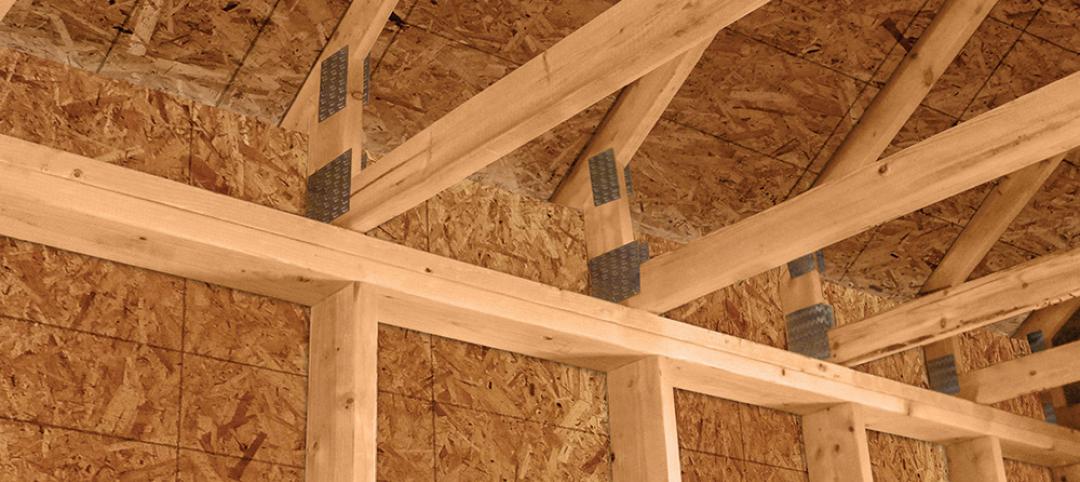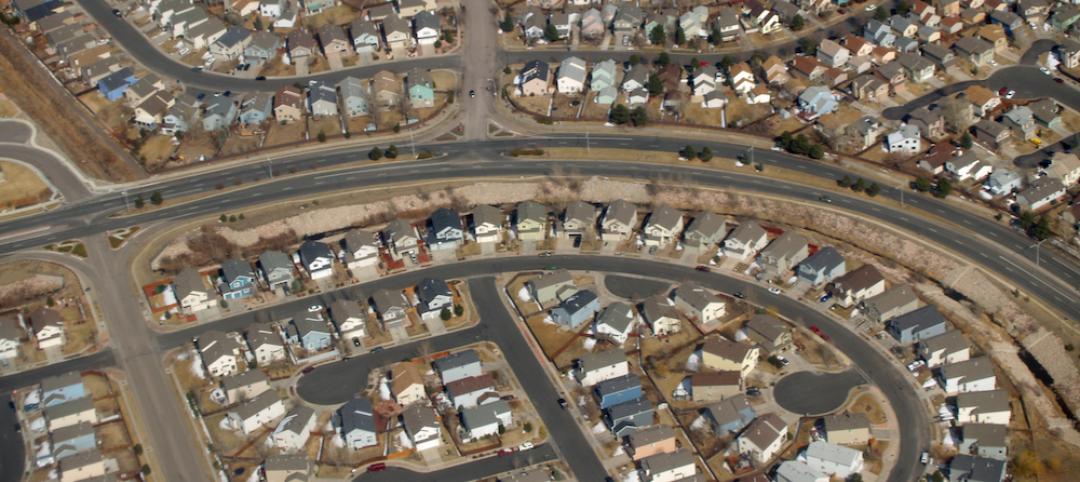Two years ago, a plan to create a smart city project along Toronto’s waterfront was unveiled with great fanfare.
Since then, the proposal, spearheaded by Sidewalk Labs, a subsidiary of Alphabet (Google’s parent company) has prompted extensive public criticism and a lawsuit by the Canadian Civil Liberties Association over data privacy and misuse concerns. The ambitious project was conceived as a showcase for the latest smart city technologies.
The project is to be centered on sustainable and safe transportation systems, and efficient and affordable housing. Technology such as “adaptive traffic lights” would prioritize cyclists and pedestrians and study the possibility of autonomous transit options. Innovative building materials and new occupancy models, like “co-housing”, would offer green, reasonably-priced housing.
With sensors tracking people and vehicles sprinkled throughout the development, privacy rights advocates are concerned that the data could be used for surveillance and discourage people to exercise free speech rights. It didn’t help that at public hearings Sidewalk Labs seemed unable to spell out where this data would be stored and how it would be used.
The company also presented a greatly expanded scope of the proposal from the original 12 acres to a 190-acre area at a public meeting, perhaps misreading the intent of the agreement with the city. These issues have caused delays to the project, but Waterfront Toronto, the city group overseeing it, recently voted to go forward with the 12-acre development.
Other smart city projects around the globe, including in South Korea and India, have been also been plagued by delays and controversies. These challenges indicate that making cities smarter will not be easy.
Related Stories
Codes and Standards | May 24, 2016
Ontario planning to spend $7 billion on wide-ranging climate change plan
Includes financial incentives to retrofit buildings.
Codes and Standards | May 23, 2016
Facility managers say Internet of Things, analytics will impact maintenance soon
More reliable data needed for optimal results from the technology.
Codes and Standards | May 20, 2016
Industry leaders call for wider use of bamboo as a building material
Benefits include seismic resiliency and sustainability.
Codes and Standards | May 19, 2016
Asphalt roofing group publishes updated shingle installation guide
Technical manual provides best practices for roofing professionals.
Codes and Standards | May 16, 2016
EPA proposes new stormwater discharge regulations for construction sites
Would apply to sites of one or more acres.
Roofing | May 16, 2016
New guide focused on increasing energy and structural performance with raised-heel trusses
Higher trusses simplify attic ventilation, leave more space for insulation.
Codes and Standards | May 11, 2016
Current California seismic codes provide safety, resiliency, but needed upgrades present challenge
Los Angeles requires seismic retrofits, but other cities do not.
Codes and Standards | May 10, 2016
Apple spars with Cupertino, Calif., mayor over strained city infrastructure
Apple’s new ‘spaceship’ campus project prompts questions about whether the company should pay more to offset traffic woes.
Codes and Standards | May 9, 2016
Safety Stand-Down yields proposals to boost construction safety
One example: Gilbane encourages safety harnesses for all working above 6 feet.
Codes and Standards | May 9, 2016
EcoDistricts unveils sustainable neighborhood framework
Focus is on equity, resilience, and climate protection.

















